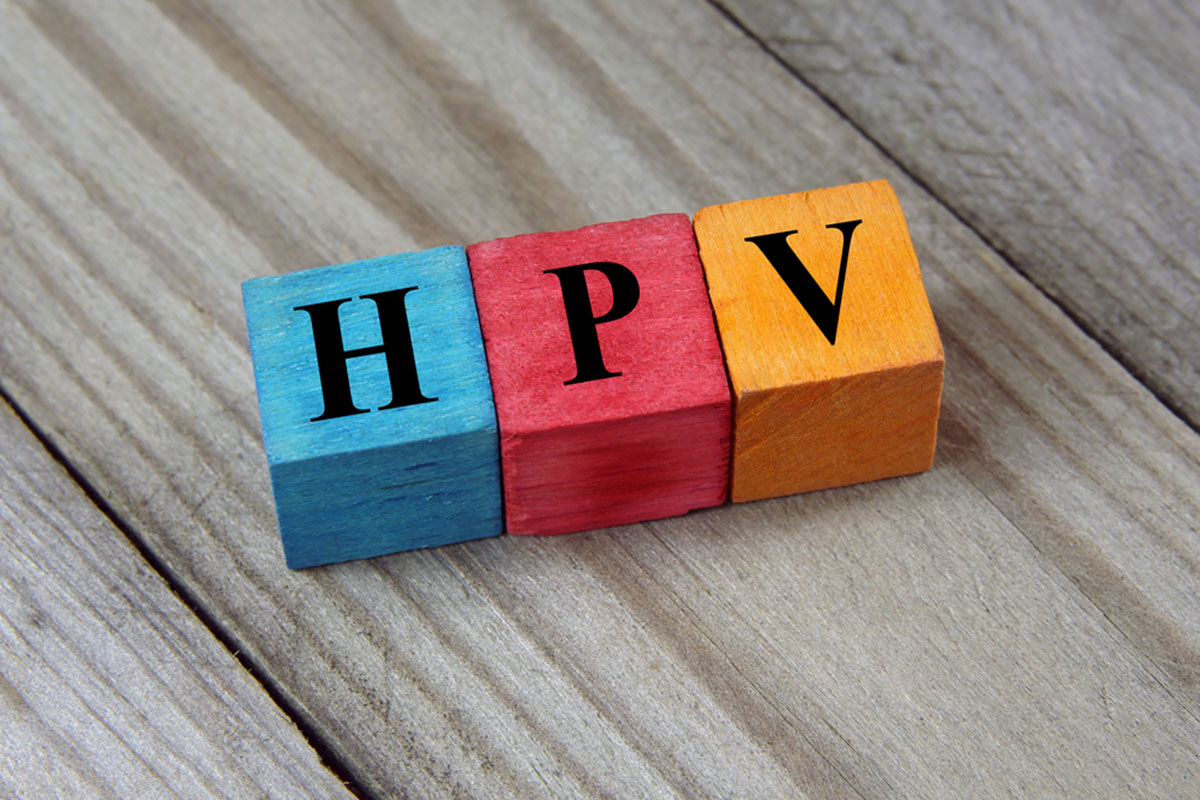From Fred Hutch. Read the full article here.
What if scientists created a vaccine to prevent cancer but the public largely ignored it? Sadly, that’s where we are with the human papillomavirus, or HPV, vaccine, one of the few preventive cancer vaccines in existence.
“HPV vaccine uptake is low in the U.S., with up-to-date vaccinations for adolescents age 13 to 17 at around 49%,” said Dr. Parth Shah, a public health researcher at Fred Hutchinson Cancer Research Center. “Even worse, only 16% of adolescents in the U.S. are up to date by age 13. This is a public health crisis.”
An expert in HPV vaccine uptake, Shah spoke earlier this month at the annual meeting of the American Society of Clinical Oncology, ASCO 2019, offering his analysis of why the U.S. is lagging behind other countries in vaccinating its population against HPV-driven cancers.
Spread by intimate contact, HPV is found in almost all sexually active adults. It’s usually harmless and goes away on its own but when it doesn’t, it can drive a number of devastating cancers including cervical, anal, penile, vulvar and most head and neck cancers. In the U.S., HPV is responsible for over 33,000 cancer diagnoses annually; last year, cervical cancer alone killed 311,000 women worldwide.
Longtime Fred Hutch virologist Dr. Denise Galloway, holder of the Paul Stephanus Memorial Endowed Chair, made critical discoveries that definitively linked the HPV virus to cervical and other cancers, and Hutch scientists are currently researching the use of the HPV vaccine as a potential treatment for certain pre-cancers.
A behavioral scientist, pharmacist and member of the Hutchinson Institute for Cancer Outcomes Research, or HICOR, Shah proffered a few science-based tips on the best way health care providers can talk to parents and teens about the importance of this key cancer vaccine.
Why is HPV vaccine uptake so low?
A combination of factors has contributed to the lackluster response to the cancer vaccine in the U.S., according to Shah. Some are related to controversial public policy — such as school mandates that often come with “very generous” opt-outs for parents — while others are due to inconsistent or nonexistent policies, a consequence of schools being governed by local jurisdictions, all with different challenges and priorities.
“Sometimes providing preventive services is just not among the priorities in a resource-limited environment,” Shah said. “Additionally, schools just lack the infrastructure to do mass vaccinations.”
Parents who refuse to vaccinate their children usually do so because of individual reasons, he said, citing data from national surveys conducted by the Centers for Disease Control and Prevention, or CDC.
“What tends to be true across the board for boys and girls are these top five reasons,” he said. “Parents don’t vaccinate because of safety concerns and side effects; lack of knowledge about its availability; they believe it’s not necessary; they haven’t received a provider recommendation; and/or they claim their child isn’t sexually active so it’s just not needed.”

